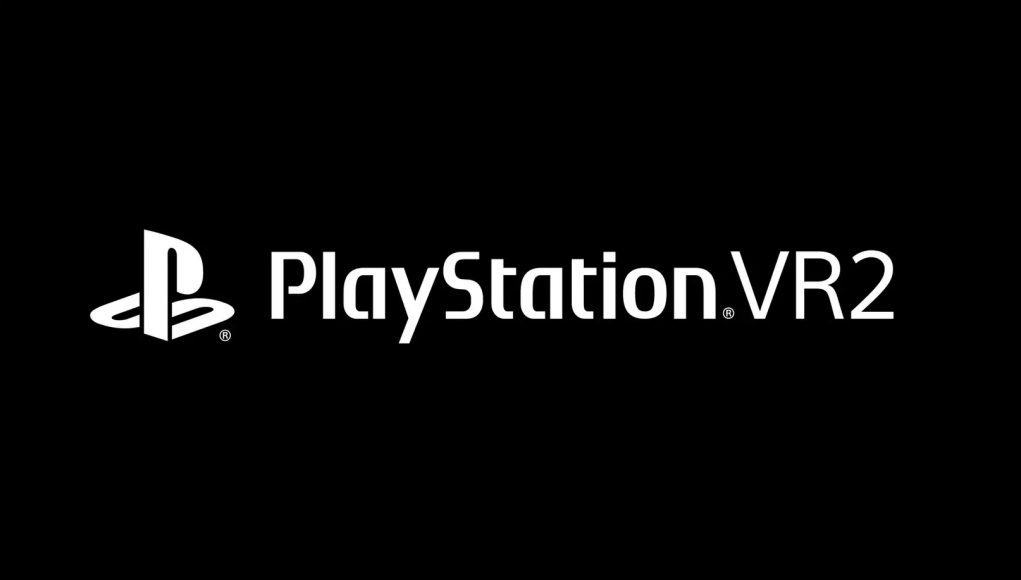Today during Sony’s CES 2022 press conference the company revealed the first details on PlayStation VR 2, including eye-tracking, a “4K” HDR display, and a 110° Field-of-view.
For the first time today, Sony confirmed that its next-gen VR headset for PS5 will be called… *drumroll*… PlayStation VR 2. Although it’s not really much of a surprise, it’s the first time the company has officially revealed the headset’s name.
During the company’s CES 2022 press conference today Sony also confirmed a range of features and specs for PSVR 2. Here’s what we know so far:
PlayStation VR 2 Specs |
|
| Resolution | 2,000 × 2,040 (4.1MP) per-eye, OLED, HDR |
| Refresh Rate | 90Hz, 120Hz |
| Field-of-view (claimed) | 110° (diagonal presumed) |
| Optical Adjustments | IPD |
| Connectors | USB-C |
| Tracking | Inside-out (no external beacons) |
| On-board cameras | 4x IR (external), 2x IR (internal) |
| Input | Motion controllers (rechargeable battery), eye-tracking |
| Audio | 3.5mm aux output |
| Microphone | Yes |
| Haptics | Controllers, headset |
Sony said that the headset will include foveated rendering. This is a rendering technique which uses eye-tracking to render high detail only at the center of the user’s field-of-view (where the eye sees most of its detail), while reducing detail in the periphery. This allows for more detailed virtual scenes without giving up much performance.
Eye-tracking and foveated rendering tech has been available in high-end enterprise VR headsets for some time now, but so far no major consumer-class headset has adopted the technology. Unless another headset beats Sony to the punch, PSVR 2 will be the first in its category to adopt the technology.
Similarly, PSVR 2 will include HDR (high dynamic range) technology which has yet to be seen in commercial headsets, even among high-end enterprise devices. HDR allows for a much wider range of brightness which more closely mimics what your eye can see in the real world. Sony hasn’t specified exactly how bright the display can get, so it’s tough to know at this point how impressive the feature could be. Luckily the underlying display in PSVR 2 is based on OLED, which is generally a good sign for quality HDR capabilities.
Eye-tracking and HDR aren’t the only new technologies that Sony is embracing for PlayStation VR 2. The device will also be the first to include on-board haptic feedback on the headset itself. Sony says haptics on the headset will allow for greater immersion (and it could even combat motion sickness).
According to Sony, PSVR 2 will go a long way toward simplifying the VR setup compared to its predecessor. The new headset is ditching the PS camera (which was previously used to track the headset and controllers) in favor of inside-out tracking via cameras mounted on the headset itself. Four infrared cameras will look out at the real world to track the movement of the headset and also track the controllers when they are in view.
And beyond inside-out tracking, PlayStation VR 2 will connect to PS5 with a single USB-C cable. We don’t have the full details yet, but it sounds like there will be no breakout box between the headset and the console. That’s going to get a cheer from fans of the original headset who were used to dealing with a big VHS-sized breakout box which had multiple cables running in and out of it, and needed its own power supply.
Generally the specs on PSVR 2 seem very impressive except for one area… from the specs provided, it appears that the headset will not have on-board audio, instead expecting users to either use their TV speakers or attach their own headphones with a 3.5mm jack. Like the original headset, it’s possible that PSVR 2 will come with a pair of earbuds, though this isn’t an ideal solution for VR headset audio. These details are still early so we’re hoping there might be something we’re missing about audio on the headset that will be revealed once the company releases more info on the hardware.
Although Sony shared a decent set of specs and features today, the price and release date for PSVR 2 is still unannounced, and we still don’t actually know what the headset itself looks like.







